Search
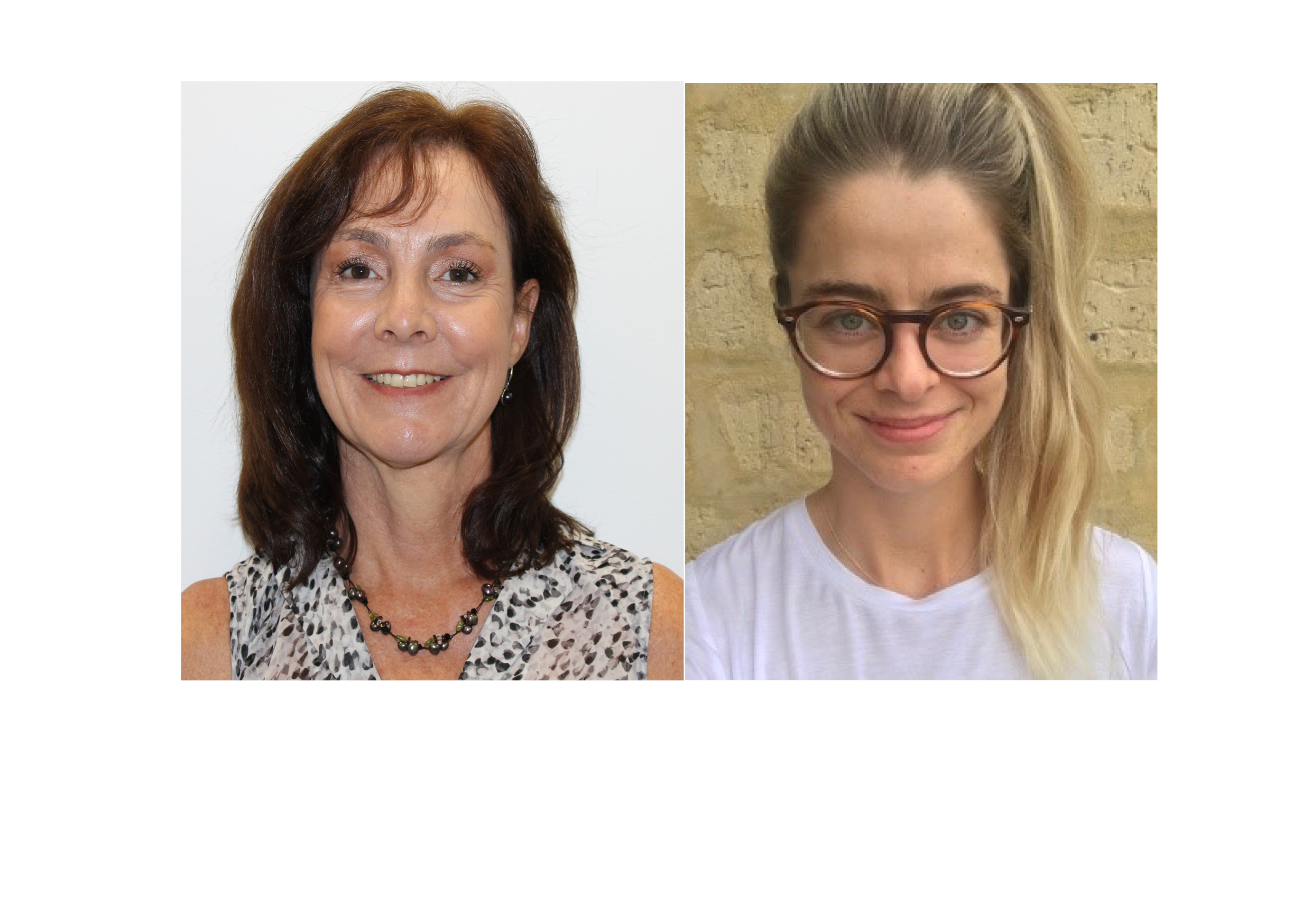
News & Events
Welcome to the team Theresa and Ally!There are two new faces at CliniKids, Theresa, our new Clinical Services Manager and Ally, our new Occupational Therapist.
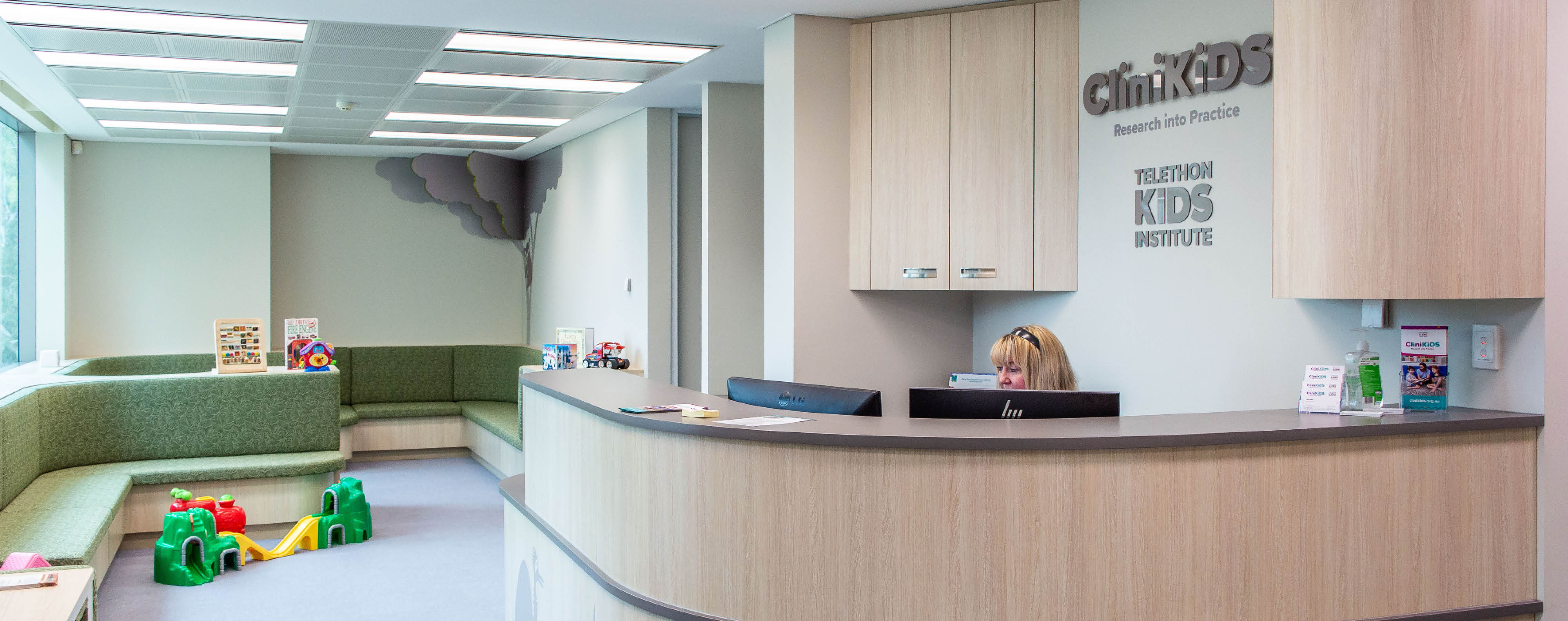
News & Events
Clinic news December 2021Stay updated with the latest news and events from Clinikids in December 2021, focusing on child health innovations and community engagement. Explore more now!
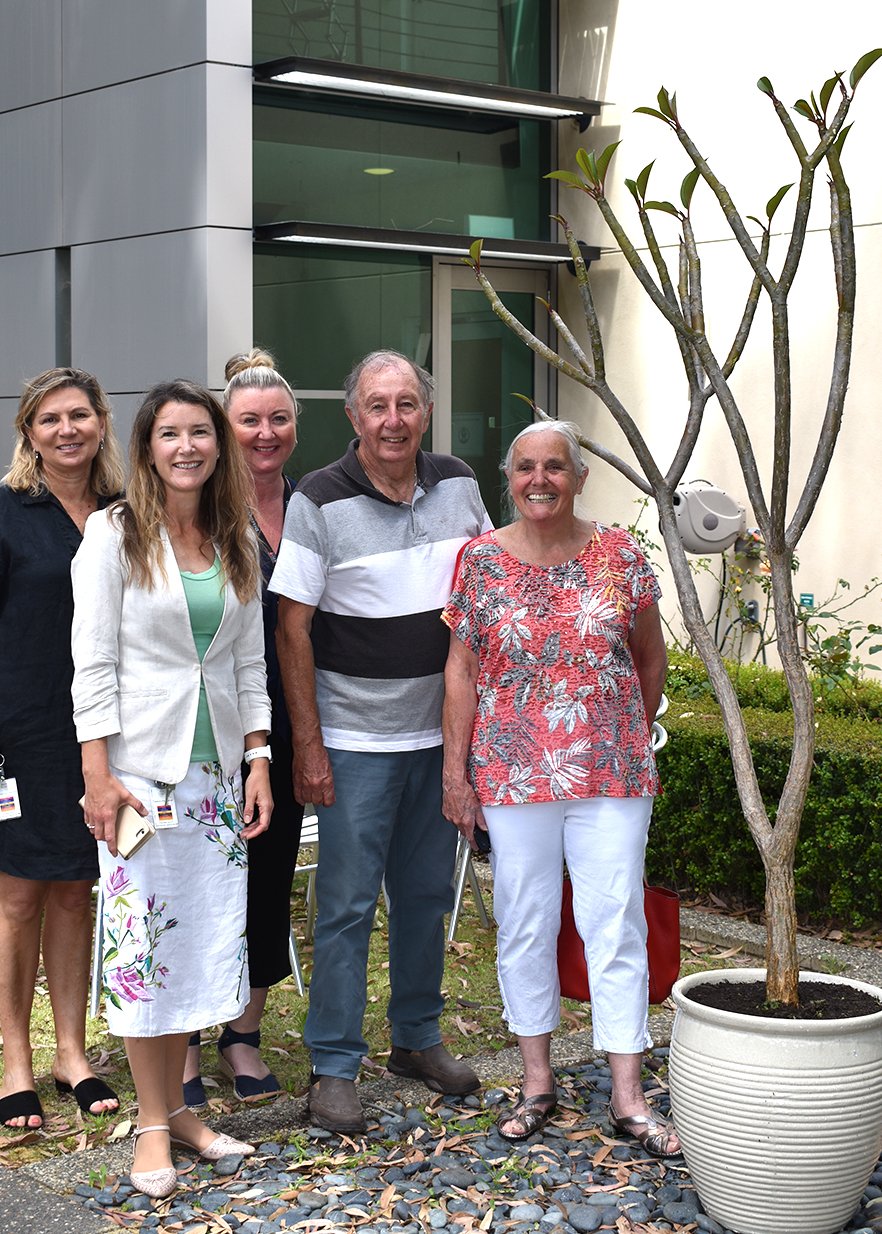
News & Events
Frangipani for KateThank you to Dave and Marieke Taylor of the Rotary Club of Scarborough who have donated a frangipani tree from their own garden to CliniKids to honour our late colleague, Kate Sorensen.

News & Events
AICES Study explainedProfessor Andrew Whitehouse and his research collaborators in the UK and Melbourne have teamed up to write a great article on the recent findings of the AICES (Australian Infant Communication and Engagement Study) for The Conversation.
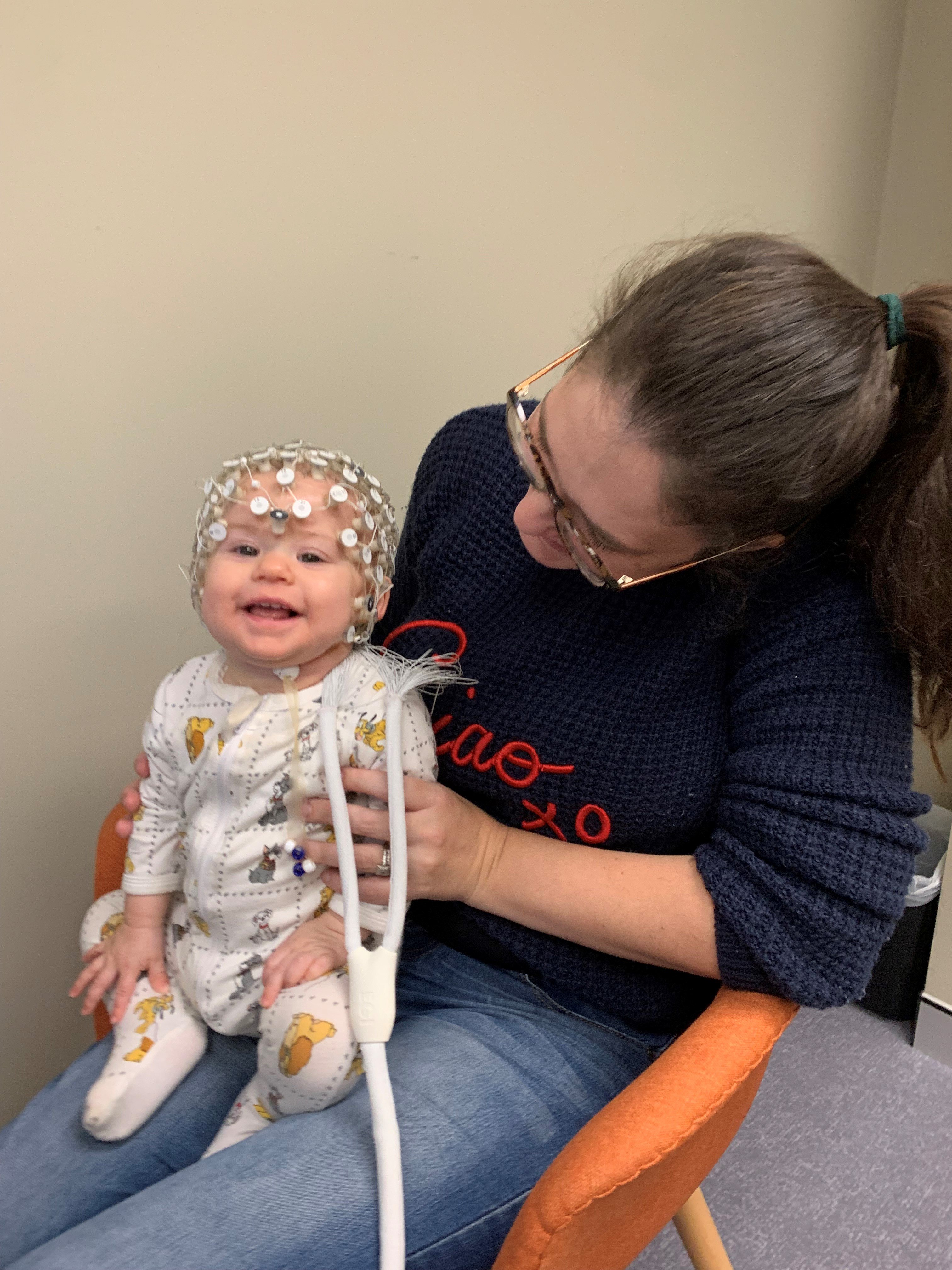
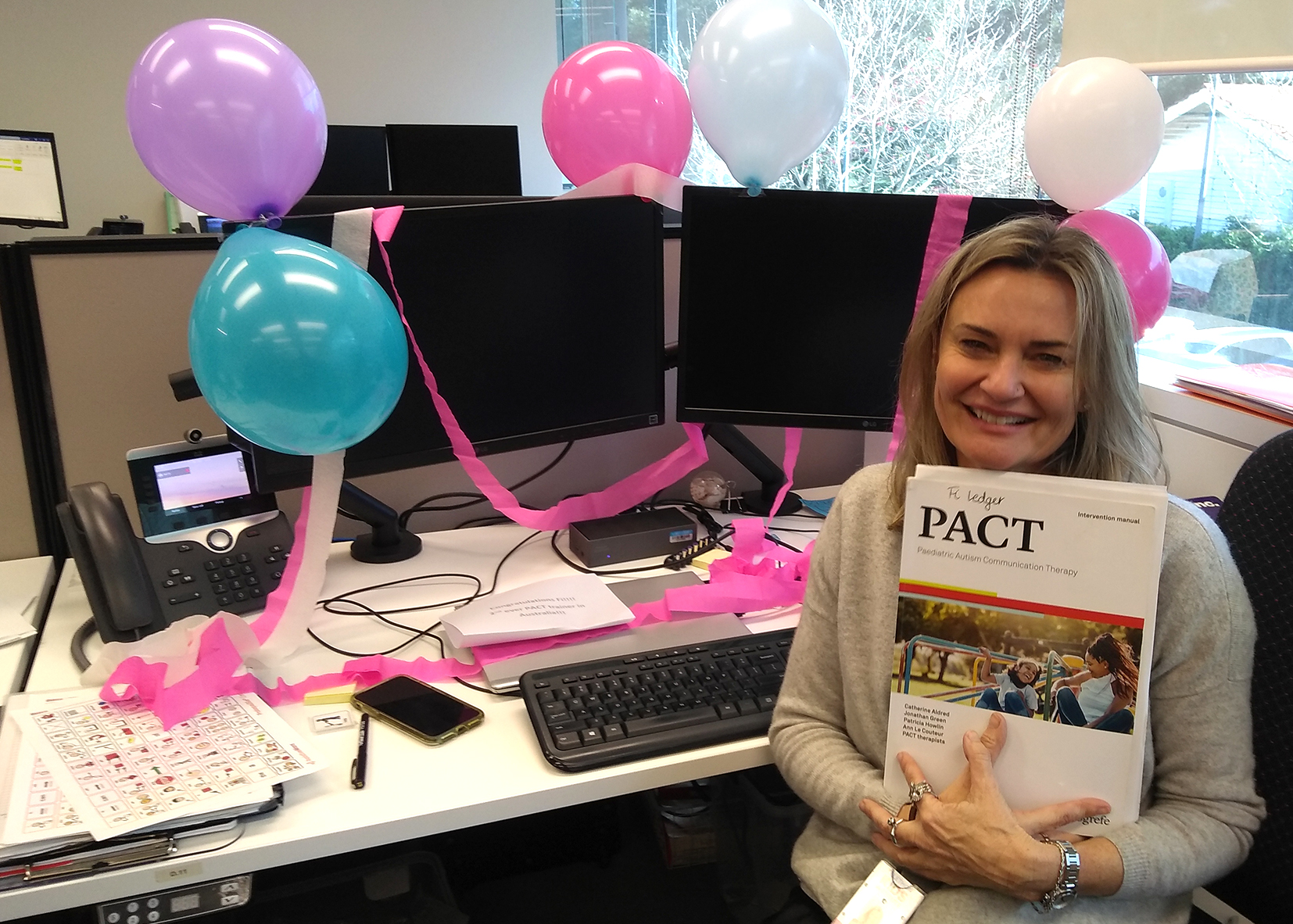
News & Events
Celebrating our teamWe thought we would share news of some fantastic achievements in our team recently.
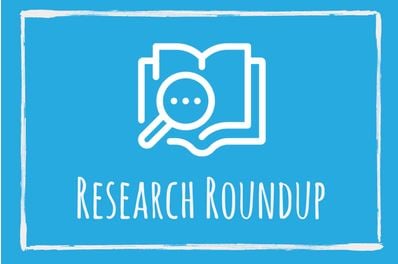
News & Events
CliniKids' research roundupHere’s a quick look at some of the published research to come out of CliniKids recently (June 2021 newsletter)
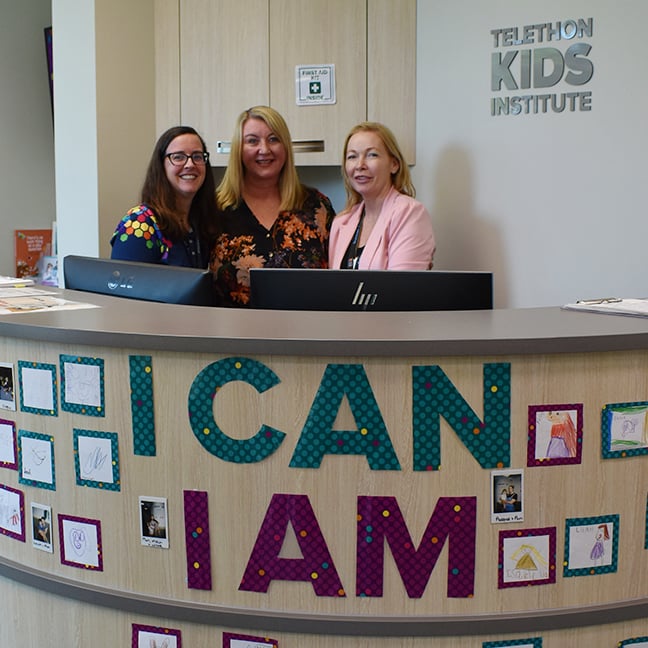
News & Events
Strengths wallFor Autism Month, CliniKids invited families to contribute to an "I can, I am!" strengths wall in its reception area – an idea that was wholeheartedly embraced by our little visitors and their families.
Research
Parent-reported Early Atypical Development and Age of Diagnosis for Children with Co-occurring Autism and ADHDAutism and attention-deficit/hyperactivity disorder (ADHD) often co-occur. This survey of 288 New Zealand parents of children diagnosed with autism, ADHD, or both conditions, examined the relations between age of diagnosis and early atypical development, the age specialist consultation was needed and types of specialists seen.
Research
Potential role for immune-related genes in autism spectrum disorders: Evidence from genome-wide association meta-analysis of autistic traitsAutism spectrum disorders are complex, with a strong genetic basis. Genetic research in autism spectrum disorders is limited by the fact that these disorders are largely heterogeneous so that patients are variable in their clinical presentations. To address this limitation, we investigated the genetics of individual dimensions of the autism spectrum disorder phenotypes, or autistic-like traits. These autistic-like traits are continuous variations in autistic behaviours that occur in the general population.
